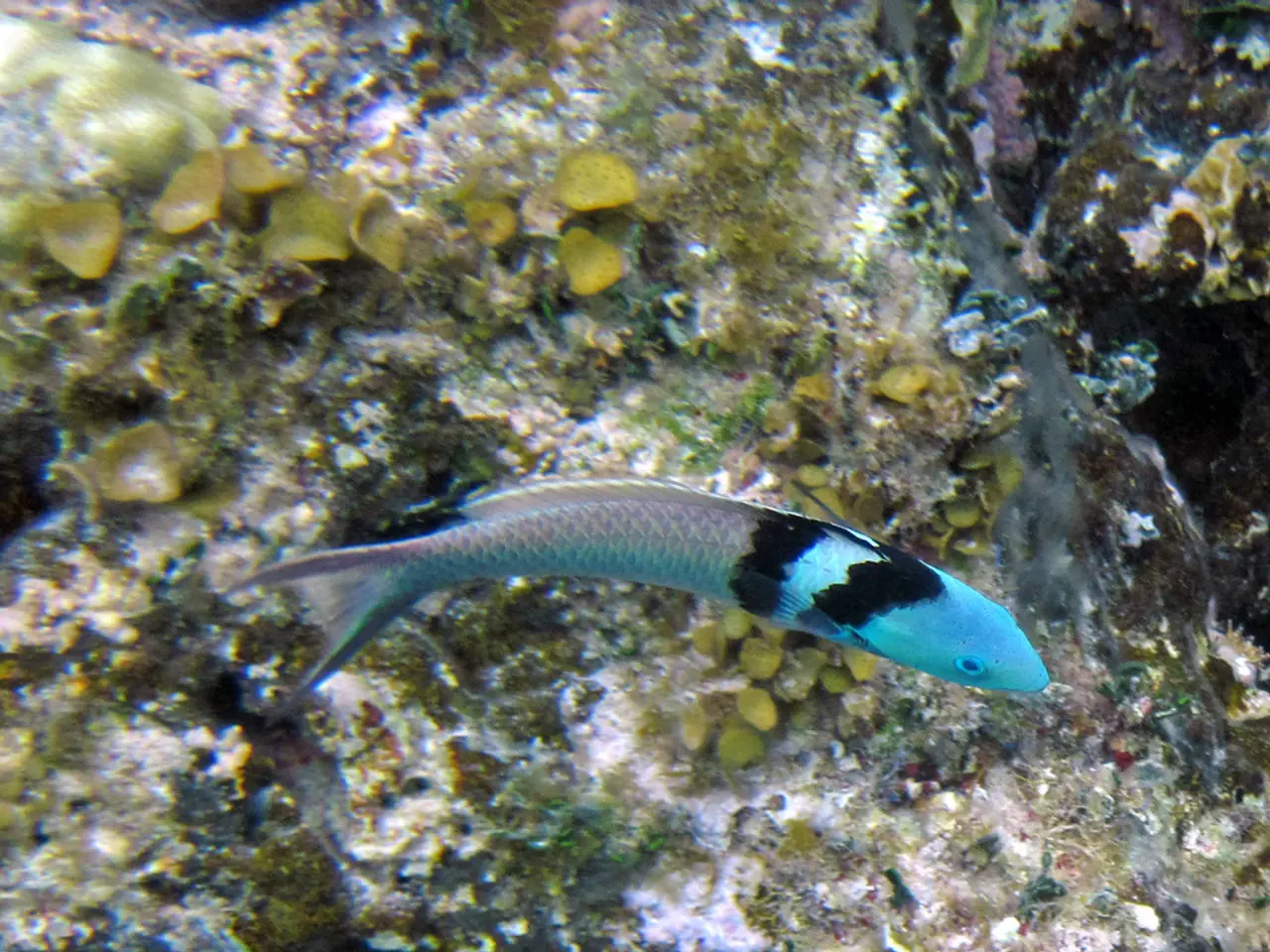First Responder Cells Discovered in Pancreas: A Game Changer for Diabetes Management
An international team, led by Prof. Nikolay Ninov at the Center for Regenerative Therapies Dresden (CRTD), has uncovered 'First Responder' cells in the pancreas. These cells, more sensitive to blood sugar levels, could play a pivotal role in regulating beta cell activity and managing diabetes and other metabolic diseases.
The team, focusing on developmental biology of pancreatic beta cells, discovered these First Responder cells. They react faster to blood sugar fluctuations than other beta cells, potentially serving as a control center for their activity.
Moreover, these First Responder cells produce an enzyme that converts inactive vitamin B6 into an active form. The team suspects they may provide this active vitamin B6 to other beta cells, aiding in their regulation. This could have significant implications for managing metabolic diseases and type 2 diabetes, as low vitamin B6 levels are linked to their occurrence.
The international research team, led by Prof. Nikolay Ninov, is investigating how First Responder cells might influence beta cell activity and vitamin B6's role in this process. Understanding these mechanisms could pave the way for new strategies in managing diabetes and other metabolic diseases.






